- Learning time
- 30 minutes
- First play time
- 180 minutes
Genoa
Designed by: Rüdiger Dorn
Genoa is all about negotiation. In the ancient city of Genoa – represented here by a gorgeous board – each player starts the game with a number of orders they are trying to fulfil. Fulfilling an order simply requires that you ensure the travelling merchant reaches specific destinations on the board: first to collect the things you need, and then to deliver them to a certain building.
But beyond that simplicity the game becomes more subtle, as in each round it’s someone else’s turn to move the merchant, and every other player will be offering incentives – or bribes, if you will – to move him in the direction they need him to go. So at heart the game has a trade-off – how much money or goods are you willing to sacrifice in the short term to get closer to your long-term goals?
There are ways to pick up new orders during the game, and there is also a very neat end-game scoring for players who have collected contract cards – there’s one contract card for each building on the board and getting adjacent buildings is key to the scoring here. There are also tiles to be collected that give in-game advantages, such as choosing where to start your merchant (instead of the usual dice-rolling to define movement options) or using a building you own even if the merchant hasn’t gone there.
Finally there is the option to buy buildings on the board – this not only gives you a money bonus if somebody uses that building, but also a bonus at the end of the game.
The guru's verdict
-
Take That!
Take That!
There aren't any spiteful moves in Genoa - but if players sense someone is in a strong position they may become reluctant to do business with them. And players are in constant negotiation to try and get what they need - so refusals do become part of the game.
-
Fidget Factor!
Fidget Factor!
Everyone is involved in every turn.
-
Brain Burn!
Brain Burn!
Once you know what you're trying to do, your options are reasonably straightforward.
-
Again Again!
Again Again!
Although it's a longer game, the fact everybody stays involved throughout gives it appeal. (And you can always agree to play less rounds than the rulebook specifies.)

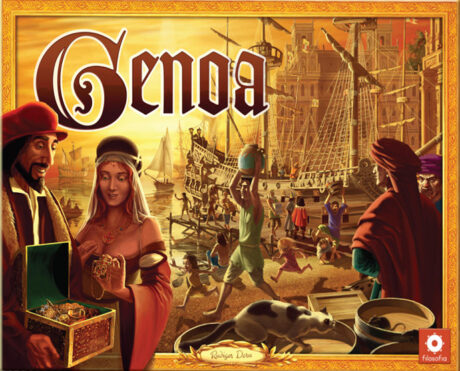

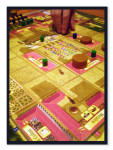
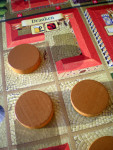



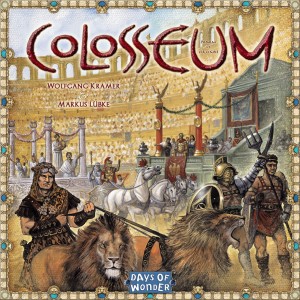
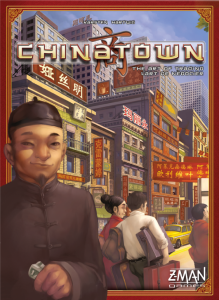
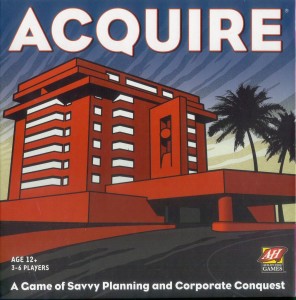
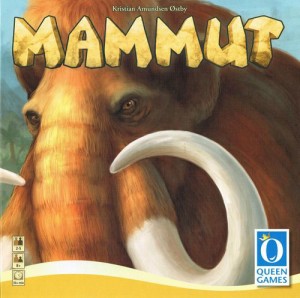
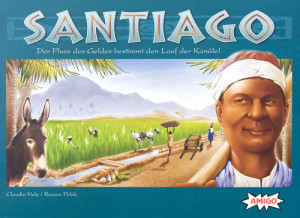
Sam says
My one criticism of Genoa is that for my tastes it's too long. Negotiation is key in the game and that's interactive, spicy, and fun, but after two hours of it you may feel a little fatigued. However that can be easily remedied with a house rule of playing fewer rounds, and unlike some pure negotiation games where everything is out there on the table, Genoa's hidden elements for individual players keep things interesting. I think the game is really, really good - excellent in fact - but I do think it comes with a slight, off-settable caveat.